After a couple of weeks devoted to moving my website to a new host, I am finally able to reflect with you on two events – one perennial and one very rare. The first, of course, is the annual rehearsal of the Christmas story. The second is the life of Nelson Mandela.
As many of you know from this blogsite and elsewhere, the Christmas story is more problematic for me than the Easter story. I am not talking about the consumer crush of gift-giving, which has made Christmas a national holiday in India and a holiday time even in Japan. As soon as China turns the corner into a consumer economy, you will see Santa landing in Shanghai. No, it is the theology. Some of you know the litany here: there wasn’t a Roman census in that time, Jesus was born in Nazareth, only two Gospels have a birth story, St. Paul didn’t know of it or care, it was only developed to counter the Roman Saturnalia and its cult of imperial divine sonship, and so forth. And of course there is the virgin birth, entirely unnecessary and alien in Hebrew thought, with its perpetual paradigm of female subservience to the prerogatives of the Father. And then, this tenuous myth about the “newborn king” came to reinforce the model of patriarchal, inherited monarchy as a pattern of divine governance and human submission. Bring on the Hallelujah Chorus. Well, enough. I’ll take the mystery of Easter’s story of Life out of Death any time.
Of course, the story will always fascinate us, the music will, it seems, enthrall us. Luke could spin a yarn to make a point, which was, it seems, that God is working in our history for the redemption of the world. But as soon as we catch this point we see Herod, seeking to destroy the children. At the beginning stands Herod. At the end stands Pilate. Yet the Anointed One, who lives in and through God’s Spirit, prevails. And it’s here that I begin to think about Madiba.
My good friend John DeGruchy, collaborator in matters of wood and word, recently sent me some of his reflections on Mandela as a kind of Messiah figure. In light of the way the Bible uses the term, he remarks “I do not think it is inappropriate to refer to Nelson Mandela as a messianic figure whom God raised up to lead our country from the bondage of apartheid into a new day of freedom.” But how do we tell the difference between a truly Messianic figure and the oppressive tyrants who have laid claim to such a title? The truly Messianic figure, writes John, humbles himself and does not point to himself. Mandela was truly Messianic because “He lived and acted with the kind of humility, compassion and self-service that allows us to refer to him as a messianic figure, a true liberator, an agent of God’s justice, peace and reconciliation…”
As these words reverberated in my musings I began to think of the Herods and Pilates in the Biblical story and my mind was taken to the singular figure of Judge Quartus de Wet, whose verdict spared Mandela’s life at the “Rivonia Trial” in Pretoria on June 12, 1964, sentencing him not to death, but to life imprisonment. It was during this imprisonment that Nelson Mandela cultivated the long-range vision and the deep character and compassion that enabled him to lead his country into a new era devoted to a higher justice and a more expansive compassion. There was a state that had become a Herod. There was a Pilate, an ordinary Judge named Quartus de Wet, who turned from indifferent and callous retribution to an act that ended up setting the stage for one of the most remarkable foundings of a new civil order in any of our memories.
So both Mandela’s life and gift as well as the strange events begun in the Galilee so many years ago are for me symbols of the way great changes come out of small acts, great lives out of humble beginnings and magnanimous spirits out of tortured imprisonments. And, in a world always torn by the destruction wreaked by great powers, the meek can still work and hope for a world truly inherited by all its creatures. Something worth celebrating. We’re all invited to join in.

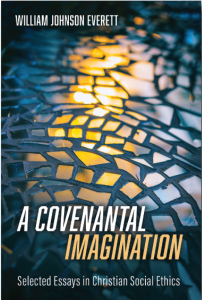
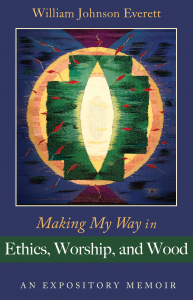
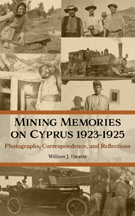
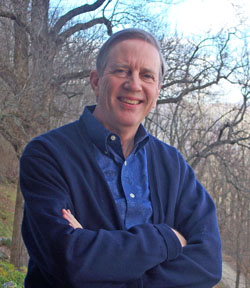
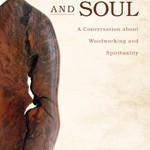
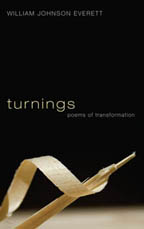
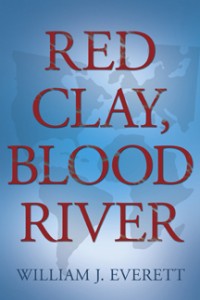 Red Clay, Blood River
Red Clay, Blood River
Bill,
Your broad reflections keep us open to an expansive future and a deeper present. Thank you always for your gift of sharing.
Thank you very much for this thoughtful reflection on Christmas. How very often we forget that early Christians celebrated Easter every Sunday and came up with Christmas festivities only after three hundred or more years! That should give us clue to our priorities. Mandela did exemplify that life of passion, death, and resurrection embodying the power of forgiveness that transcends both justice and reconciliation. India celebrated his life with calling him Mahatma of South Africa. Thanks be to God who keeps sending us Messiahs to wake us up from our cynical slumber to a new morning of hope, peace, and joy!
What did I learn from Bill’s latest blog? Much! Why so little attention to his reserach on Christmas? I wonder. – Kenneth M. Johnson